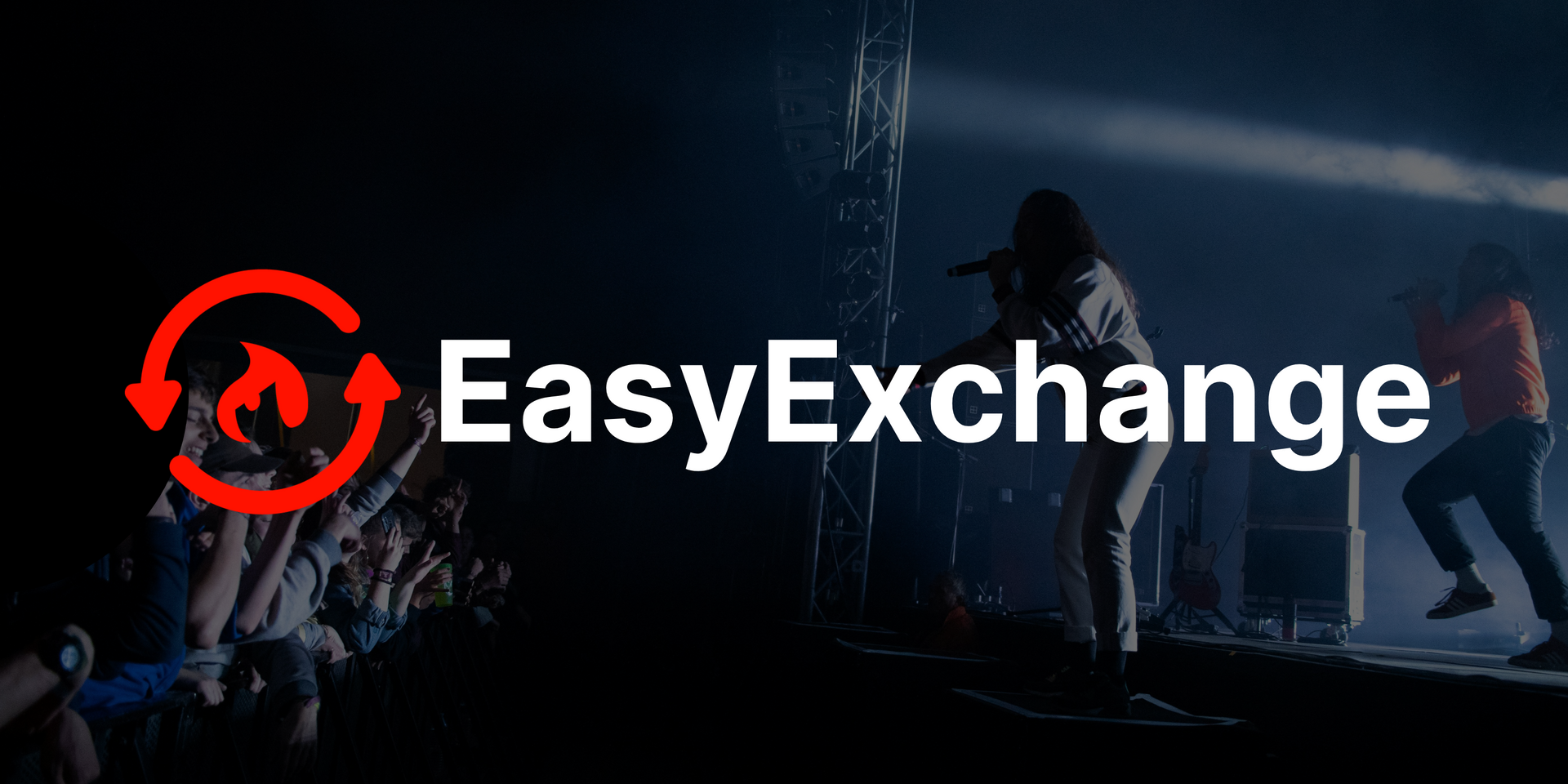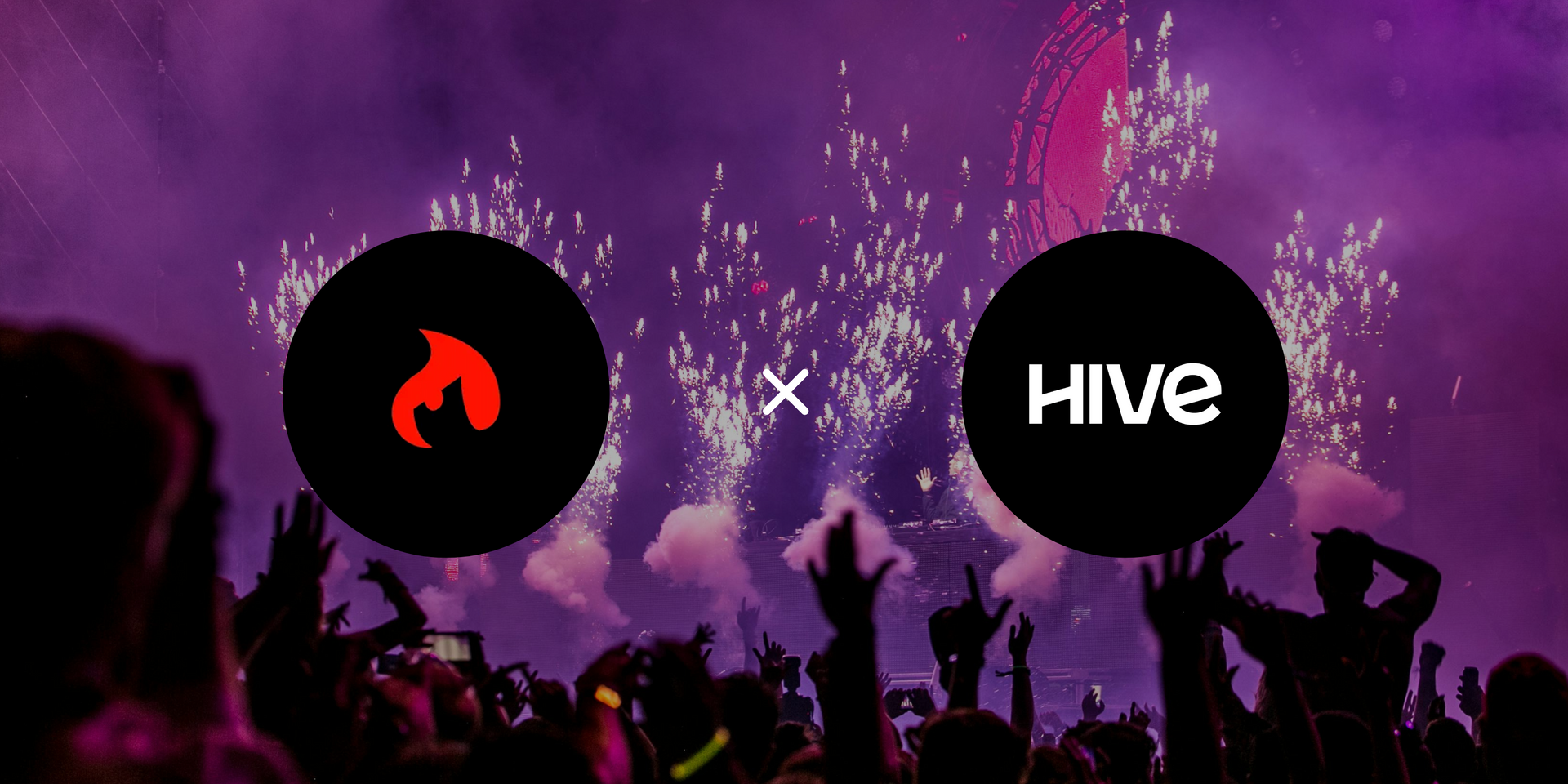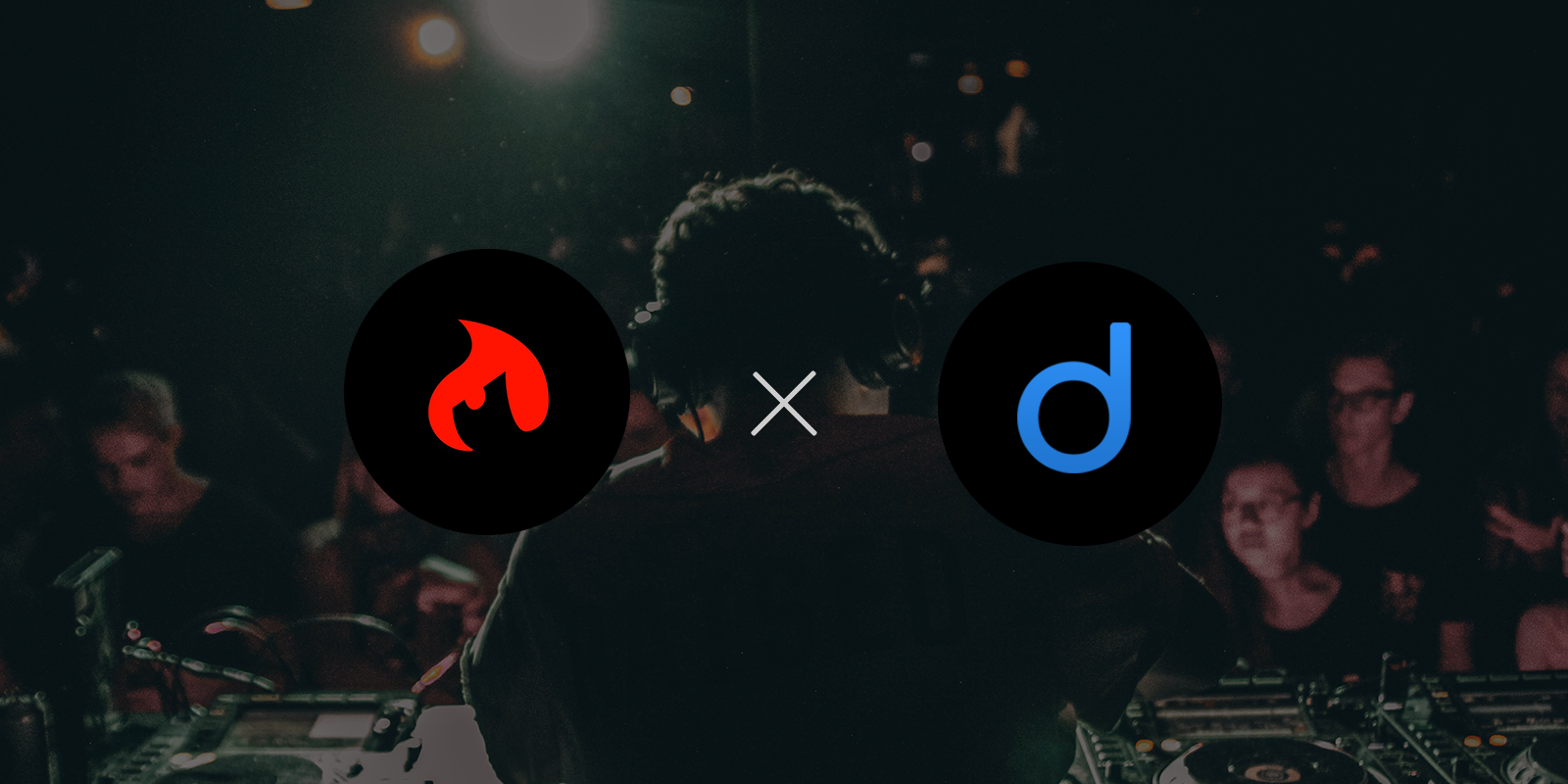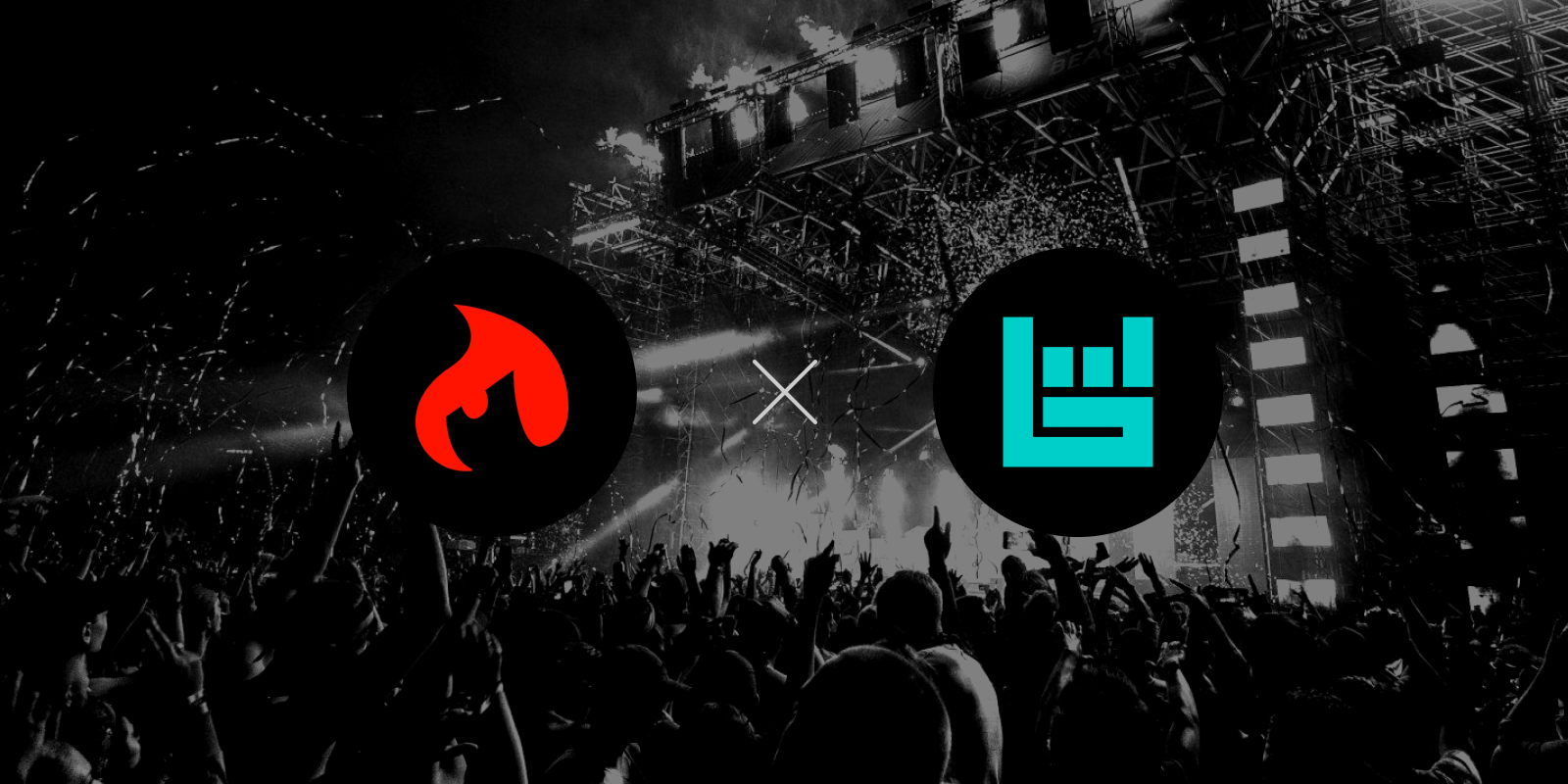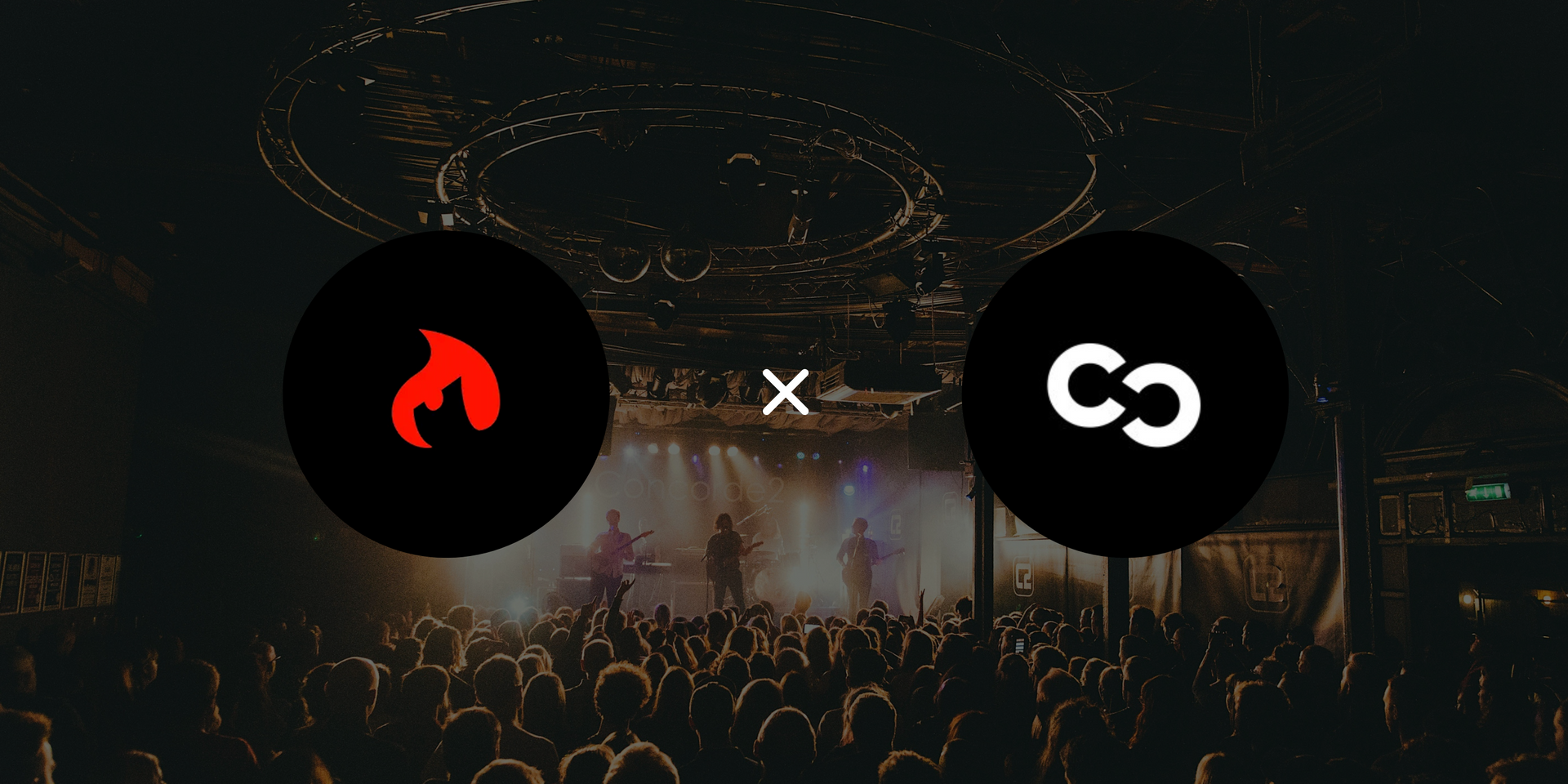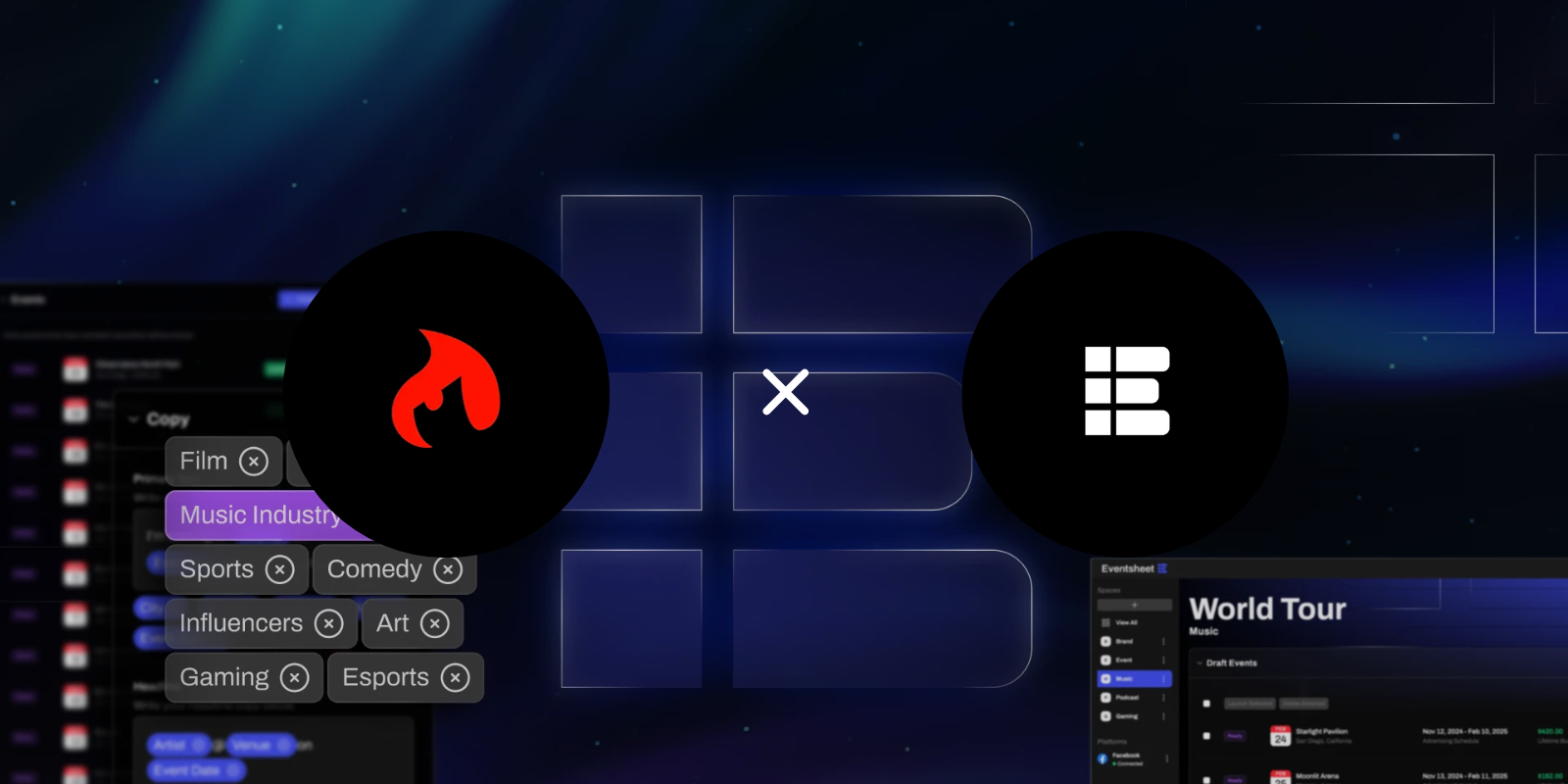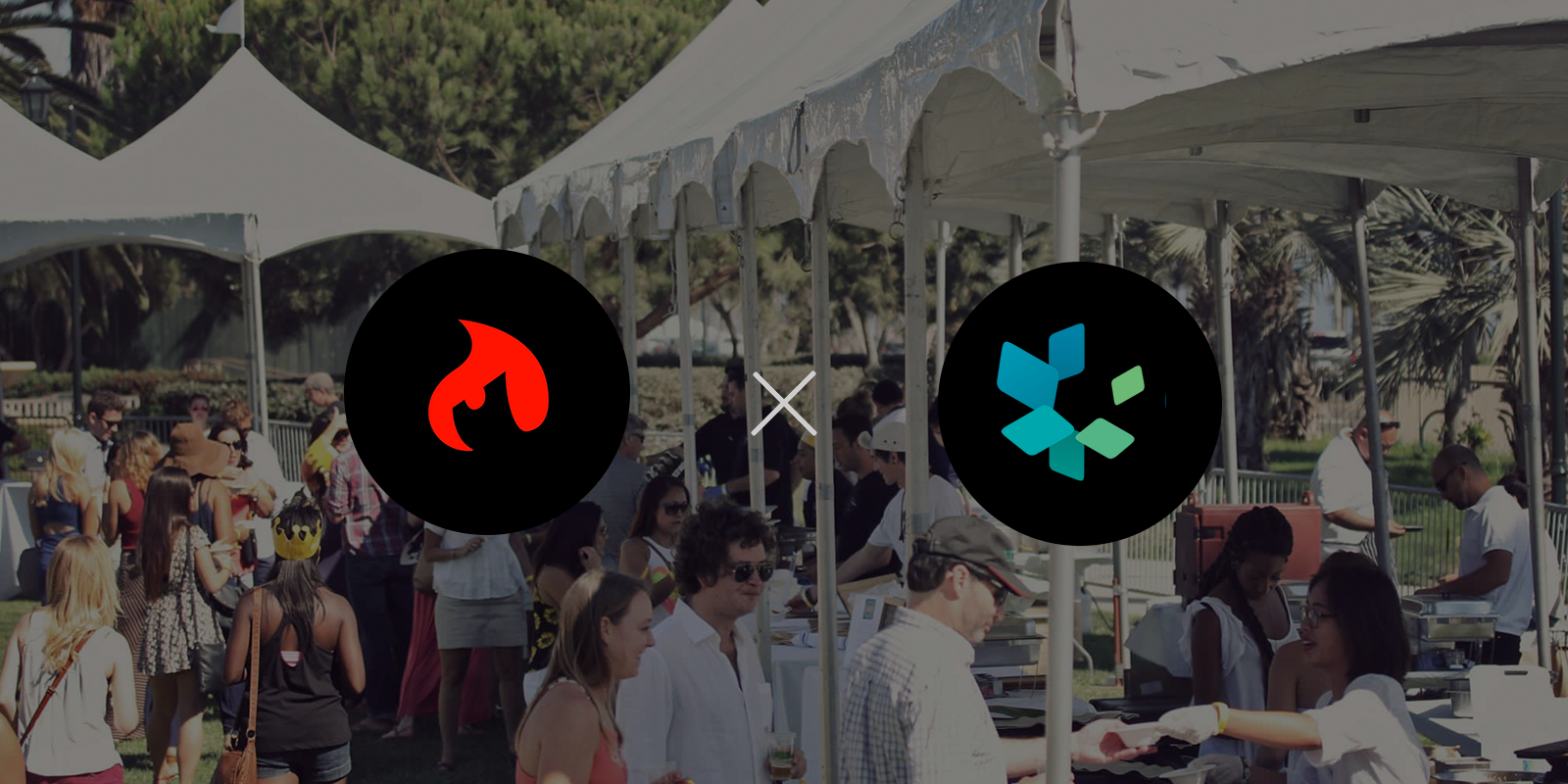A Guide to Low-Fee Ticketing Solutions: How to Decide
Navigate low-fee ticketing solutions effectively: This guide helps you balance costs with functionality and support for your event's success.
As an event organizer, you know better than anyone that there are a million costs that go into putting on a great event. From securing the venue to marketing and beyond, the expenses can add up quickly, making every dollar count. The last thing you want to do is shell out fees through a ticketing platform that wants a huge chunk of your revenue.
Fortunately, there are low-fee ticketing solutions out there. Unfortunately, many of them are not as low-cost as they pretend to be.
In this guide, we’ll explore the real costs behind low-fee ticketing platforms and provide insights into when they are genuinely cost-effective. Our aim is to help you make an informed decision that aligns with your budget and event needs.
A Guide to Low-Fee Ticketing Solutions: Understanding Your Options
With a variety of low-fee ticketing solutions available in the market, it's essential to understand the details of their pricing structures and additional fees. This knowledge can help you make an informed choice that balances cost with the functionality and support you need for your event.
Let's break down the pricing of popular platforms such as SimpleTix, Ticketleap, Ticketspice, and Ticketsauce.
SimpleTix
SimpleTix offers a range of pricing options geared towards affordability and flexibility:
- No Setup or Monthly Fees: There are no initial setup fees or ongoing monthly charges.
- Free for Free Events: You won’t be charged for a free event.
- Special Pricing for Low-Cost Tickets: Tickets priced at $5 or below have a flat fee of $0.25 each.
- Passing on Fees: You have the option to pass on SimpleTix's service fee and credit card processing fee to your attendees.
- Online Ticketing Fee: For online ticket purchases, SimpleTix charges $0.79 + 2% per ticket, capped at $9.99.
- On-Site Ticketing Fee: For on-site ticket sales, the fee is just $0.25 per ticket.
Ticketleap
Ticketleap provides a pricing structure geared toward smaller events :
- Free System for Organizers: The platform is free for event organizers, with the option to pass fees to ticket buyers.
- Special Pricing for Low-Cost Tickets: A flat fee of $0.49 is charged for tickets priced at $5 or below.
- No On-Site Sale Fees: Ticketleap does not charge fees for tickets sold on-site, only the credit card processing fee.
- Free for Free Events: Hosting a free event incurs no fees.
- International Fees: The platform offers tailored fees for events in different locations.
Ticketspice
Ticketspice goes for flexibility with no contracts:
- Flat Fee Per Ticket: They charge a flat fee of $0.99 per ticket.
- Credit Card Fees: The basic credit card processing rate is 2.99%.
- Reduced Fees for Cheaper Tickets: For tickets less than $5, the fee is reduced to $0.49 per ticket.
- No Hidden Costs: There are no contracts, annual fees, or hidden costs.
- Optional Upgrades: Additional services like mass email campaigns and third-party payment gateways are available for extra fees.
Understanding the True Cost of Low Fee Ticketing
When navigating the world of low-fee ticketing solutions, it's crucial for event organizers to consider more than just the attractive upfront pricing. While these platforms are often known for their affordability, there are often hidden fees and feature limitations that can significantly impact the overall cost and effectiveness of the service.
Common Hidden Fees
These low-fee ticketing platforms typically advertise a flat service fee, says Bryan Brand, vice president of business development at white label event platform Ticketsauce. However, event organizers should be vigilant about additional costs that are not immediately apparent:
- Credit Card Processing Fees:
These fees can add a substantial percentage, often around 3% or more, to the cost of each ticket, inflating the final price unbeknownst to many organizers.
- Additional Service Charges:
Some platforms may have extra charges for specific functionalities or for exceeding certain thresholds, such as ticket volume or sales limits.
- Upsell Features: Essential features might be offered as premium add-ons, necessitating additional payments beyond the basic service fee.
Feature Limitations
While low upfront costs are appealing, these platforms might not provide the comprehensive feature set required for more complex or large-scale events:
- Advanced Analytics and Reporting: Event organizers looking to dive deep into data for insights on attendee behavior and preferences might find the analytics tools of these platforms lacking in depth and customization.
- Robust Marketing Tools:
Integrated marketing tools, essential for reaching a wider audience and boosting ticket sales, may not be as advanced or may come at an additional cost.
- Customization and Branding: The ability to fully customize the ticketing experience and maintain consistent branding across all touchpoints is often limited, potentially impacting the event's marketing effectiveness.
- Comprehensive Customer Support:
Immediate and dedicated customer support, crucial for addressing issues swiftly and ensuring a smooth ticketing experience, may not be as robust or may be available only at higher service tiers.
- On-Site Support and Tools: Essential on-site functionalities like mobile check-ins, ticket scanning, and last-minute sales support might be either basic or not included, posing challenges for large events.
The Trade-Offs of Choosing Low-Fee Ticketing Solutions
Selecting a low-fee ticketing platform often involves trade-offs, particularly regarding functionality and service support. These platforms, while cost-effective, can be limited in their capabilities. They typically cater to straightforward, less complex events and might not provide the robust features required for larger, more intricate occasions.
The limitations you might encounter include:
- Restricted customization options: Unable to tailor the ticketing process to the unique needs of your event.
- Limited customer support: Difficulty getting timely assistance for urgent issues or complex queries.
- Basic feature set: Lack of advanced tools like dynamic pricing, detailed analytics, or marketing integrations.
These constraints can impact not just the operational aspect of managing an event but also the overall experience for both organizers and attendees.
For instance, a hypothetical large music festival with multiple ticket types and complex entry requirements might find these platforms insufficient. They would require a more dynamic and flexible ticketing solution, one that can handle diverse ticket categories, offer robust data analytics, and provide dedicated customer support.
Data Ownership and Privacy in Ticketing
When choosing a ticketing platform, it's crucial to consider how data is managed and who ultimately owns it. This decision can have significant implications for both privacy and marketing strategies.
Data Ownership: Who Controls Your Information?
Event organizers often overlook the aspect of data ownership in their rush to find low-fee ticketing options. However, as Brand points out, “a lot of platforms share the data ownership with their event producers.”
This shared ownership can limit your control over how data is used and can pose privacy concerns. In contrast, platforms that ensure the client retains full data ownership offer greater control and security over this valuable asset.
The Impact of Data Policies on Event Success
The data collected through ticket sales can be a goldmine for event organizers, offering insights into attendee preferences, behavior, and demographics. A platform that allows full ownership and control over this data provides a strategic advantage. Organizers can leverage this information for targeted marketing, personalized experiences, and improved event planning.
When Low-Fee Ticketing Solutions Make Sense
Low-fee ticketing options have their downsides, but there are situations where they make sense. Brand says that event organizers running “simple, one-off events” with 500 people or less and one ticket type may be fine with such a platform. For instance, a community fundraiser or a local workshop with straightforward ticketing needs would find these options adequate.
For larger or more complex events, low-fee options might fall short. Events requiring multiple ticket types, intricate entry logistics, or extensive data collection and analysis need more robust and customizable platforms.
Why a Comprehensive Event Ticketing Platform May Make More Sense
As we've explored, low-fee ticketing options offer simplicity and cost-effectiveness for straightforward, smaller-scale events. However, their limitations in functionality, support, and data management make them less suitable for larger or more complex events.
Instead, consider a platform like Ticketsauce, which offers all the features that an event organizer would need for any type of event, and with the following straightforward, transparent pricing:
- One Low Rate Structure: Ticketsauce charges a straightforward fee of 3% + $0.99 per paid ticket, in addition to credit card processing fees.
- Free for Free or RSVP Events: Like the other services, Ticketsauce does not charge for free events.
- No Monthly Subscriptions or Hidden Fees: With Ticketsauce, there are no monthly subscriptions or minimum usage requirements, making it a flexible option for events of all sizes. Additionally, they do not impose cancellation fees.
- Robust Features Included: The service fee encompasses a wide range of features, ensuring you have everything needed for successful event management. This includes unlimited events and tickets, detailed reporting and analytics, event marketing tools, and box office & entry management tools.
- Support and Service:
Ticketsauce includes live phone and email support, hands-on demos and training, a dedicated account manager, and advanced payouts. They also provide an extensive online knowledge base and how-to guides.
- Professional Add-Ons for Enhanced Experience: For events requiring more specialized features, Ticketsauce offers pro add-ons such as custom seating chart creation, onsite staffing, hard printed tickets, a white-label check-in app, and device rentals.
A platform like Ticketsauce offers a white label solution that empowers event organizers with complete control over branding, comprehensive data ownership, and robust support. With customizable service fees and a focus on your brand and needs, Ticketsauce ensures that the spotlight remains on your event, not on the ticketing process.
For organizers looking to make an informed decision, it's worth exploring Ticketsauce’s platform. Contact us today and learn how we can elevate your next event.
